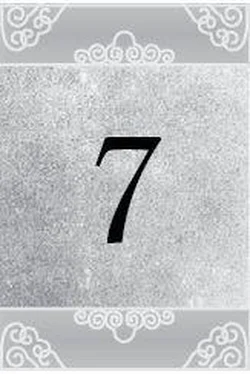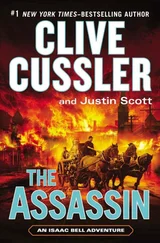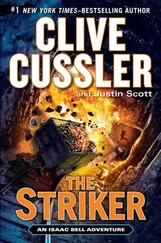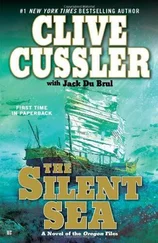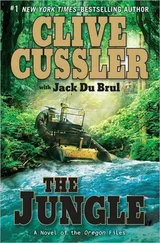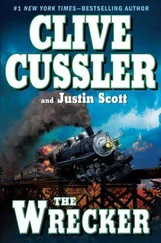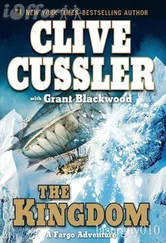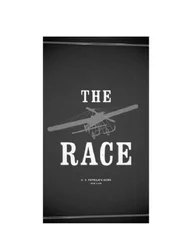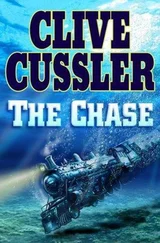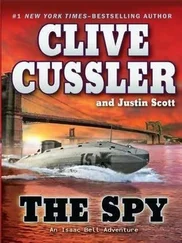Inside the chamber, the body had not been moved. Standing over it were Ardaric, King of the Gepids, and Onegesius, Attila’s most trusted friend. Ardaric knelt and picked up the jug of wine that the High King had drunk before he’d died. He said, “This is the wine that Ildico poured him last night.” Onegesius picked up the goblet lying beside the King.
Priscus said, “For weeks, he had a sickness that gave him nosebleeds. Maybe it got worse while he slept and he drowned in his own blood. That’s what it looks like, doesn’t it?”
Ardaric snorted in contempt. “Nobody dies of a nosebleed. He’s been in battle all his life. He was wounded many times and never bled to death. It was poison.”
“Do you think so?” asked Priscus, his eyes wide in shock.
“I do,” said Ardaric. “And I’ve been thinking about you. Emperor Theodosius sent you to us four years ago with the ambassador Maximinus. Your interpreter, Vigilas, was caught in a plot to assassinate Attila. Instead of having all of you killed, Attila sent you back to your emperor in Constantinople. Maybe that was a mistake. And maybe Vigilas was not the only one who came to kill the King.”
Onegesius poured wine into Attila’s goblet, then held it out. “Prove you didn’t poison him. Drink it.”
Priscus said, “I don’t know if it’s poisoned or not. If the wine is poisoned, that won’t prove I was the poisoner. I certainly wasn’t in here with the High King and his bride on their wedding night. All my drinking it might do is kill me too.”
“Your fear convicts you.” Onegesius’s free hand moved toward the hilt of his sword.
Priscus took the goblet. “If I die, remember I’m an innocent man.” He lifted it to his lips and drained it.
The others waited and watched Priscus closely. Ellak stepped closer. “Well, Priscus?”
“I don’t feel anything. It tastes like wine.”
“Bitter? Sour?”
“Like all other wine—sweet like fruit, but with a few drops of vinegar.”
Ardaric sniffed the goblet, took some of the wine on his finger, and put a drop on his tongue. He nodded to Onegesius, dropped the goblet on the carpet by the body of the High King, and walked out. He called out to the warriors, “There was no poison. He died of a sickness.”
Priscus followed Ardaric out of the chamber and made his way through the milling crowd of warriors. With their anguished, blood-streaked faces, they made a frightening sight. These were men who had never done anything in their lives but kill. They fought, ate, sometimes even slept, on horseback. They had, in about three generations, conquered tribes from the grasslands beyond the Volga to Gaul. This morning their greatest leader had been taken from them. Who could say what their grief and anger might make them do to a stranger from a foreign country?
Priscus walked briskly with his head down, not letting his eyes rest on any of the warriors streaming toward the High King’s tent. He went to his own quarters and prepared an altar with a row of lighted candles for the purpose of praying for Attila’s soul. After all, Attila had listened to Priscus and the other Romans when they talked of Christianity. And once he had met with Pope Leo at Mantua and made an agreement. Something might have planted a seed of faith in his mind. In any case, it was best to mourn him as visibly as possible. Priscus also vomited, and drank a great deal of water, and then vomited again, and found it settled his nerves.
Late in the day he left his own small tent and walked toward the center of the encampment. He saw that the High King’s tent had been struck. Not far off, a large open space had been cleared. What had arisen on that spot was an immense white vision. He walked to it and touched it in wonder.
A vast tent made entirely of white silk had been erected. It moved and billowed in the breeze as he walked to the opening and looked inside. In the center was a bier that displayed the body of the High King, lying in state, in bright and costly clothes of purple and red befitting a warrior king, and with arms of the finest quality inlaid with gold and gems.
Around the bier rode the savage horsemen, the High King’s best warriors, many of them kings of their own tribes and nations. They were riding around and around in a circle singing of his exploits and victories, their faces cut so the blood ran down their cheeks like tears. They sang that he was the greatest chieftain, a man who deserved not just the pale tears of women but the red tears of warriors. As they rode in their circle, Priscus could see that the blood soaked their beards and dripped from their chins onto their clothes and horses’ manes.
Priscus knelt in the direction of the King and touched his forehead to the dirt so the warriors would see he was showing respect in his own way, then returned to his own shelter. He remained there for the next three days, writing about the life of Attila as High King and his death on his wedding night. Visitors came to Priscus and related the prodigious feats of mourning they had seen, and a few talked about the rivalry between Ellak, the oldest son, and Dengizich, the second oldest, and the resentment of Emakh, the third son, whom the two seemed not to take into account. Still others told him of Ardaric’s disgust that the three sons couldn’t remain united even until their father was buried.
Priscus went to the white tent the next day and found the High King being prepared for burial in the fiery light of a hundred flaming lamps. Attila’s retainers placed him in a series of three coffins. The outer and largest one was made of iron. The coffin placed inside it was made of solid silver. The third was pure gold. The coffins were packed with the jeweled weapons of the many kings Attila had defeated. He had absorbed a hundred Asian tribes, beaten the Alans, Ostrogoths, Armenians, Burgundians, had savaged the Balkans, Thrace, Scythia, and Gaul. He had sacked Mantua, Milan, Verona, and taken most of northern Italy. He had defeated the legions of both the western and eastern capitals of Rome and Constantinople.
Also in the three coffins were breathtaking heaps of glittering gems and glowing gold, reflecting the flames of the lamps, and the coffins themselves were a great fortune. Priscus couldn’t help thinking the inner one had probably been composed of the Eastern Roman Empire’s annual tribute to Attila of two thousand one hundred pounds of gold. But he couldn’t ignore the flashes of color inside—the cool green of emeralds, the blood-drop rubies, the deep blue sapphires. There were fiery garnets, indigo lapis, yellow amber, pea green jade, all competing for the eye’s attention.
At nightfall a group of a thousand horsemen drawn from Attila’s personal troop of bodyguards assembled. They placed the lids on the coffins, lifted them onto a huge eight-wheeled wagon that could carry the immense weight, and rode off, carrying no torches to light the way through the darkness.
Weeks later, Priscus was preparing a donkey train for the long trek back to report to the Emperor Marcian. It would take him a month to get from this savage country to the palaces of Constantinople, and by now he would have gladly crawled back on his hands and knees. Then in the afternoon another commotion swept through the camp, with people pointing fingers into the distance and yelling in their many tongues, so he went to investigate.
The elite horsemen of the burial detail were returning to the great encampment of the Huns. They came galloping, and the dust was visible across the plain for a long time before they appeared.
Ardaric, Onegesius, and the three sons of Attila—Ellak, Dengizich, and Emakh—and a great host of warriors, gathered at the edge of the encampment to greet them. When the thousand riders drew up, they dismounted and bowed to the assembled chiefs. In a singular honor, the chiefs bowed back. Ellak, the eldest heir of Attila, stepped up to the leader of the burial party, a man named Mozhu. He put his hand on Mozhu’s shoulder and said, “Tell us.”
Читать дальше
